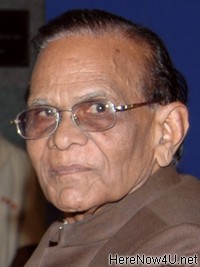This vow is to safeguard against the sin of Falsehood (Asatya). Mere statement of facts is not truth unless it is beneficial, moderate as opposed to exaggeration, cultured and not vulgar, full of esteem rather than denigration. Such transgressions as false preachings, divulging confided secrets, breach of trust, forgery etc. are not permitted in this vow of truthfulness. Even truth, if harmful to others should be avoided. There is an example that when a butcher asked a Jain about the way and direction an animal has gone, the true Jain told the opposite direction to save the helpless mute animal. This is rational truth modified in a given situation.
The vow of truth is closely related to the vow of non-violence. If truth is spoken harshly, in anger or in ridicule, it hurts the feelings and is violence and is therefore transgression of vow of non-violence. Falsehood generates hate and disrespect. A person practising vow of truthfulness enjoys respect and high esteem in society. There is recent example of late Mahatma Gandhi whose adherence to vow of truth generated so much trust that millions of countrymen followed and obeyed him blindfolded. His followers included intellectuals of highest order like Jawahar lal Nehru etc. The vow of truth if observed in letter and spirit, will ensure mutual trust and harmony and eventually ensure peaceful and stable social and physical environment.
Pristine Jainism : Vow of Truthfulness (Satya)
Author:
 S.M. Jain
S.M. Jain
 S.M. Jain
S.M. Jain
Published: 13.06.2012
Updated: 13.06.2012
Updated: 13.06.2012
Sources
| Title: | Pristine Jainism (Beyond rituals and superstitions) |
| Publisher: | Parshwanath Vidyapeeth, Varanasi, India |
| by: | Prof. Sagarmal Jain |
| Edition: | 2003 |

Page glossary
Some texts contain footnotes and glossary entries. To distinguish between them, the links have different colors.
Page statistics
This page has been viewed 1045 times.